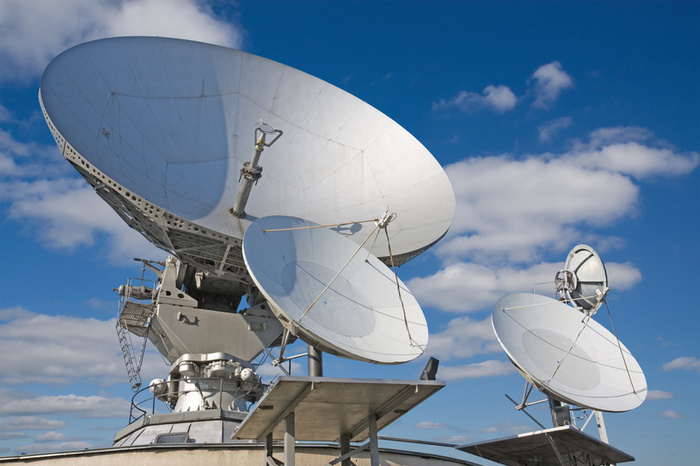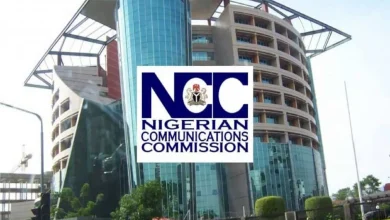50% tariff hike: Nigerian telcos may turn to B2B services to stay afloat

On Sunday, January 19, 2025, the Nigerian Communications Commission (NCC) approved a 50% tariff hike for telecom companies in the country, though this was less than the 100% increase the companies had requested. Reactions to the hike have been mixed, but many experts believe that it won’t be enough to solve the challenges faced by Nigerian telcos. As a result, companies may need to explore new revenue streams, such as expanding into data centre services.
Ernest Akinlola, a former executive at major telecom firms like T-Mobile (Germany), Virgin Mobile (UK), and Etisalat Nigeria, said the 50% increase was “a welcomed and balanced outcome from the NCC.” However, he pointed out that while the hike will help, it’s not a complete solution. To stay afloat, telcos will need to explore additional ways of boosting their income.
Akinlola predicts that telecom companies will focus on cost optimisation to improve their efficiency, including moving towards more high-value B2B (business-to-business) services. He believes one of the most promising areas is data centres, which allow telcos to offer services to other businesses that need large amounts of data storage and processing power.
In fact, Airtel Africa announced plans in March 2024 to open its first-ever Nigerian data centre in Lagos, called NXtra Data Centres. Akinlola, who now serves as the Managing Director of solar energy company Bboxx, sees data centres as a crucial strategy for telcos looking to optimise their profits in tough financial times.
The financial struggles of Nigerian telcos have been a growing concern, driven in large part by inflation, higher operational costs, and other economic challenges. For example, MTN Group reported a loss of $414.7 million in 2024, partly due to rising energy costs, currency devaluation, and increased taxes. Similarly, MTN Nigeria faced significant losses in 2023 due to operational costs like diesel for cell towers and the rising price of importing equipment.
Despite the 50% tariff hike, these companies still face major financial difficulties, as the increased rates don’t fully cover the cost of doing business. MTN Nigeria’s CEO, Carl Toriola, told Arise News that the biggest challenge over the last two years has been the rapid devaluation of the naira.
One potential solution for telcos is investment in data centres, which have seen a huge surge in demand. According to Business Day, telecom investments in data centres have increased by 500% in Nigeria due to the growing demand for Internet services. “With sufficient headroom, we can cater to growth and sudden demand rise, ensuring a seamless experience for our subscribers,” said Mohammed Rufai, MTN’s Chief Technical Officer.
But the next big step could be AI-powered data centres, which Akinlola believes would be even more profitable. With artificial intelligence becoming increasingly important, companies like Microsoft are investing billions in AI infrastructure. However, Akinlola acknowledges that the costs to develop AI data centres are out of reach for most telcos, not just in Nigeria but globally.
However, there may still be ways for telcos to enter the AI data centre business through partnerships. Chris Silberberg, Research Manager at IDC, explained that telcos can provide the local infrastructure for AI centres, while other companies, like cloud providers, supply the heavier computing power.
In addition to focusing on data centres, Akinlola suggests that telcos could also turn to solar energy to reduce their operating costs. Given Nigeria’s unreliable power grid, telecom companies rely heavily on diesel-powered generators, which have become increasingly expensive. The GSM Association found that telcos could cut energy costs by 50% if they shifted to solar power.
While these strategies could help mitigate the losses faced by Nigerian telcos, some companies may still struggle to survive amid the country’s challenging economic environment. With rising costs, a fluctuating currency, and inflation, the future of some telcos in Nigeria remains uncertain.





